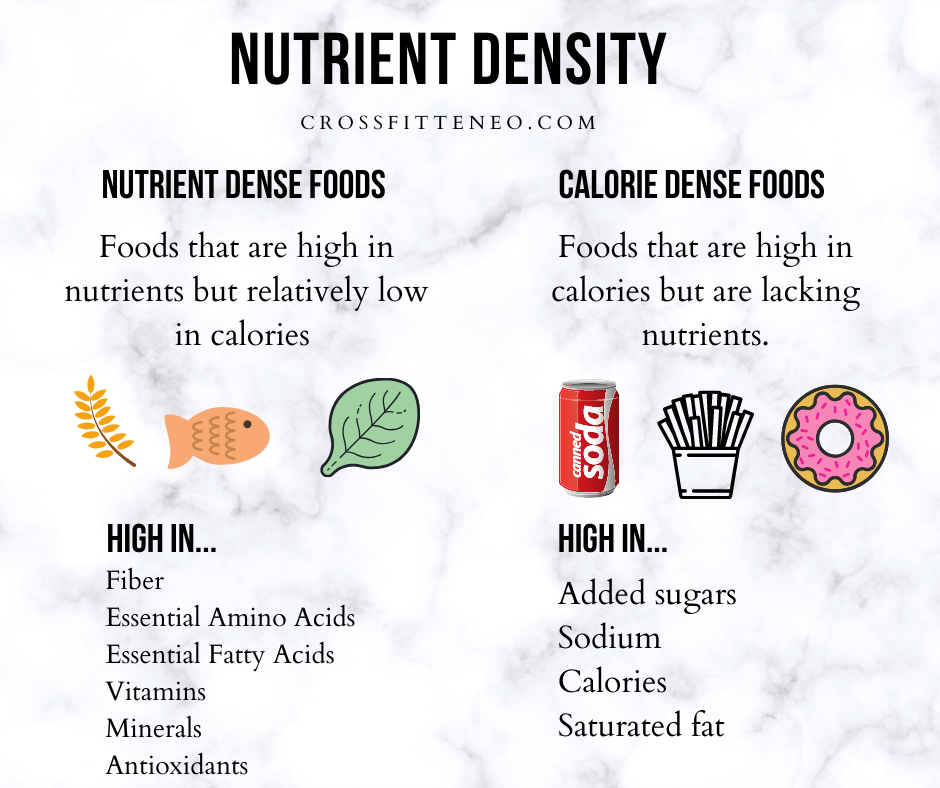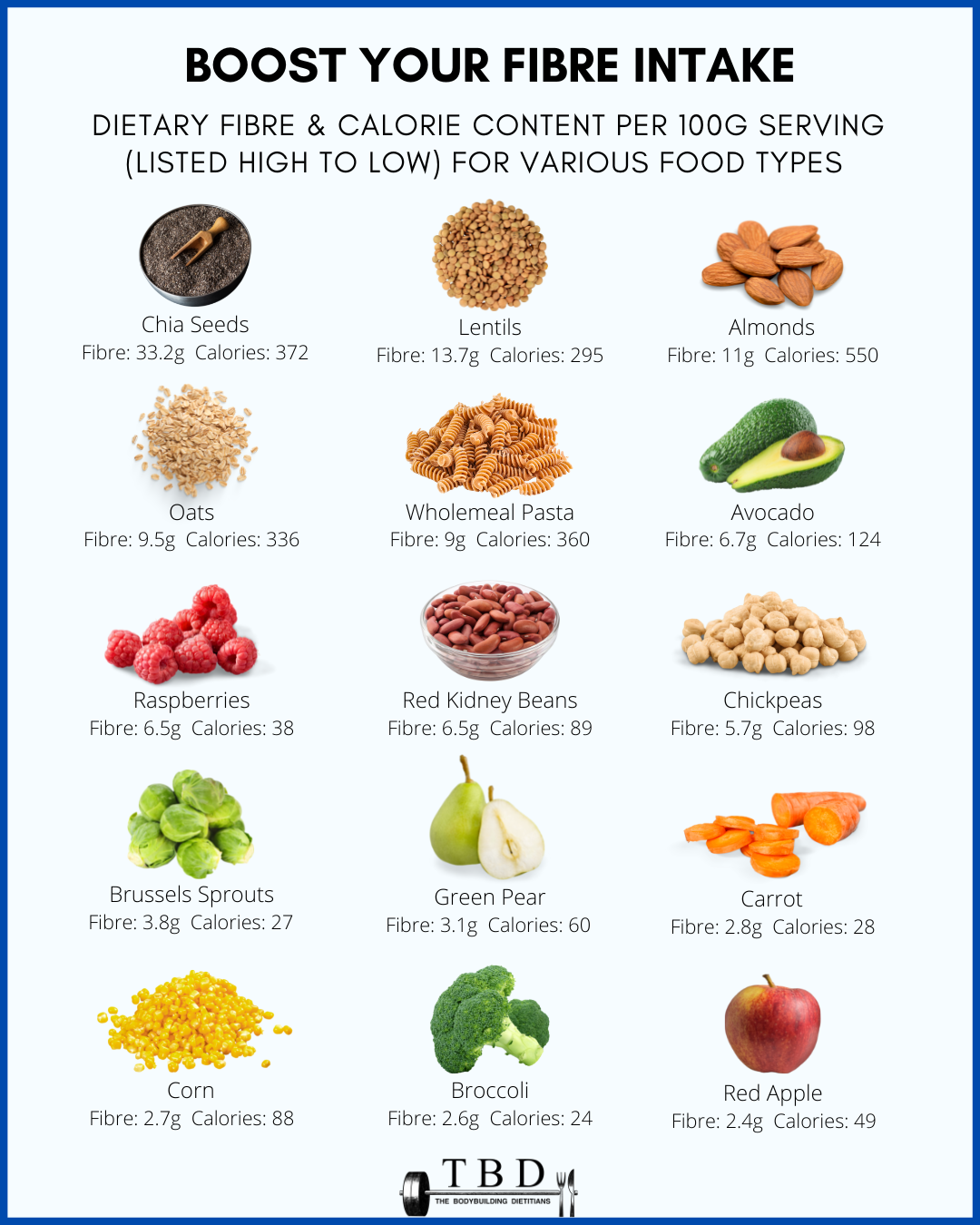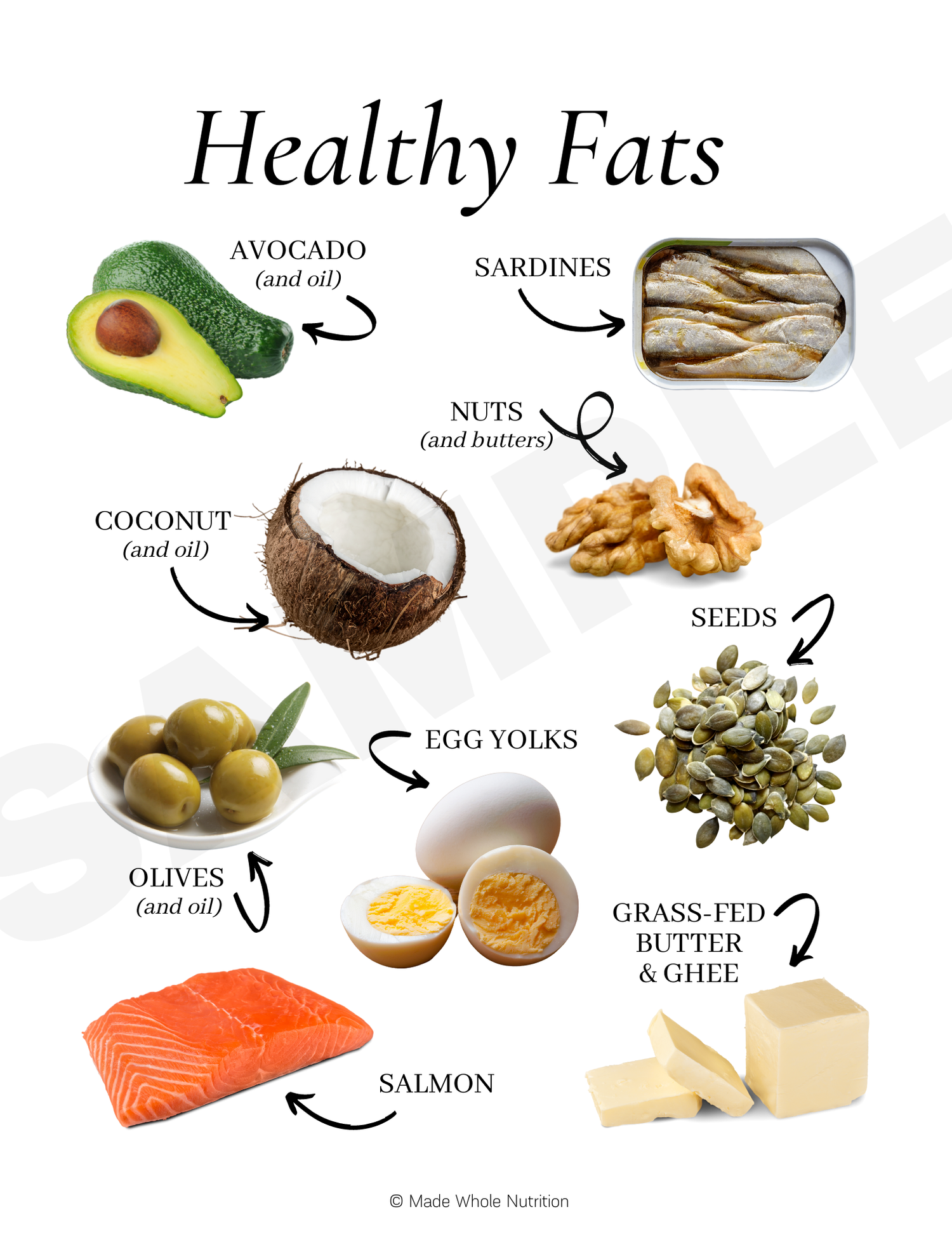Aging Gracefully: The Importance of a Nutrient-Dense Diet for Seniors
A healthy
and balanced diet is essential for seniors as it plays a critical role in
maintaining their overall health, preventing chronic diseases, and reducing the
risk of age-related health problems.
As we age,
our nutrient needs may change, and some nutrients may become harder for our
bodies to absorb. For instance, older adults may be at risk of deficiency in
certain nutrients, including vitamin D, calcium, vitamin B12, and fiber.
Vitamin D is essential for bone health, and our skin's ability to produce
vitamin D decreases as we age. Additionally, seniors may spend less time
outdoors, which can further increase the risk of deficiency. Calcium is crucial
for bone health as well, and older adults may have a harder time absorbing it,
leading to a higher risk of fractures and osteoporosis. Vitamin B12 is
necessary for nerve function and red blood cell production, and our ability to
absorb it may decrease as we age. Lastly, older adults may not consume enough
fiber, leading to digestive issues such as constipation and increasing the risk
of chronic diseases such as heart disease, stroke, and certain cancers.
Nutrient-dense foods that are rich in vitamins, minerals, and other essential nutrients are crucial for seniors to maintain good health. These foods are often whole foods such as fruits, vegetables, whole grains, lean proteins, and healthy fats.
A distinction can be made between nutrient dense and calorie dense foods as shown below.
Choosing nutrient-dense foods is especially
important for older adults as their nutrient needs may increase while their
calorie needs decrease. Eating a diet rich in nutrient-dense foods can help
seniors meet their nutrient needs while maintaining a healthy weight and
reducing the risk of chronic diseases. Some examples of nutrient-dense foods
include leafy greens, berries, nuts and seeds, fish, legumes, and whole grains.
Here are
some of the key nutrients that should be a priority for seniors:
Protein: As we age, our bodies require more protein to maintain muscle mass and strength. Seniors should aim to consume protein-rich foods such as lean meat, fish, poultry, eggs, beans, and legumes.
A study published in the American Journal of
Clinical Nutrition found that consuming adequate protein can help improve
muscle mass and strength in older adults, which can help reduce the risk of
falls and improve overall mobility. Another study published in the Journal of
the Academy of Nutrition and Dietetics found that older adults who consumed
higher amounts of protein had better overall health outcomes and a lower risk
of chronic diseases.
Carbohydrates: Carbohydrates are a primary source of energy for the body, and seniors should consume healthy carbs. It's important to avoid refined and processed carbs such as white bread, pasta, and sugary drinks.
A review of studies published in the
journal Nutrients found that consuming a diet of whole grains, fruits, and
vegetables can help improve overall health outcomes in older adults, including
better cognitive function, improved cardiovascular health, and a reduced risk
of chronic diseases such as type 2 diabetes.
Fiber: Adequate fiber intake is essential for seniors as it helps to maintain bowel regularity, reduces the risk of constipation, and improves overall gut health. Seniors should aim to consume fiber-rich foods such as whole grains, fruits, vegetables, and legumes.
A study published in the Journal of Nutrition found that consuming a diet high in fiber can help reduce the risk of chronic diseases such as cardiovascular disease, stroke, and certain types of cancer in older adults. Another study published in the Journal of the American Geriatrics Society found that older adults who consumed higher amounts of fiber had better overall health outcomes and a reduced risk of falls.
Fats: A study
published in the Journal of the American Medical Association found that
consuming a diet high in healthy fats, such as monounsaturated and
polyunsaturated fats, can help improve overall health outcomes in older adults,
including a reduced risk of cardiovascular disease and cognitive decline. It's
important to limit saturated and trans fats found in fried foods, processed
snacks, and baked goods.
Vitamins and minerals: A review of studies published in the journal Nutrients found that consuming adequate amounts of vitamins and minerals, including calcium, vitamin D, vitamin B12, and potassium, can help improve overall health outcomes in older adults, including better bone health, improved cognitive function, and a reduced risk of chronic diseases such as osteoporosis and cardiovascular disease. These can be found in a variety of foods such as dairy products, leafy greens, fortified cereals, and lean meats. At times supplements may be needed and a study published in the Journal of the American Medical Directors Association found that vitamin D supplementation reduced the risk of falls and fractures in older adults.
It's crucial for seniors to focus on nutrient-dense foods to ensure they are getting the most nutritional value out of their meals. This means prioritizing whole foods such as fruits, vegetables, whole grains, lean protein sources, and healthy fats, while limiting processed and packaged foods that are high in sugar, salt, and unhealthy fats as shown in the image below.
Let's watch an animated video on the nutrition for older adults.
In conclusion, a healthy and balanced diet is crucial for seniors to maintain good health and reduce the risk of age-related health problems. By focusing on nutrient-dense foods and consuming adequate amounts of essential nutrients such as protein, carbohydrates, fiber, fats, and vitamins, seniors can improve their overall health and well-being.








Comments
Post a Comment